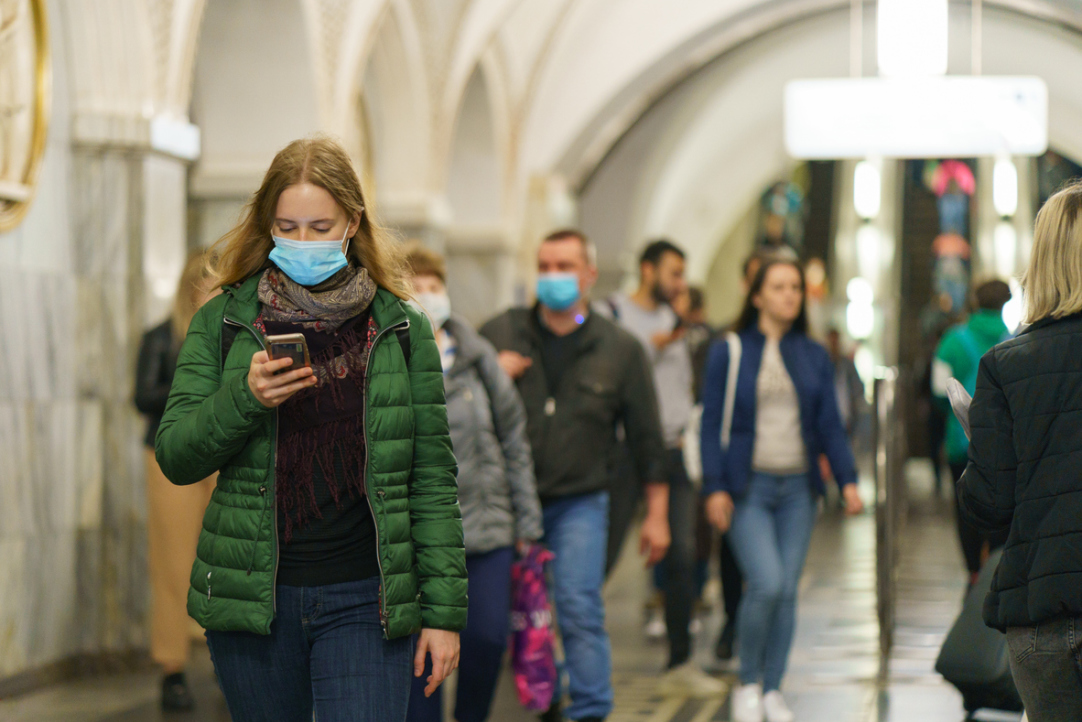HSE Researchers Find Out How to Communicate Health Information More Effectively to Fight COVID-19

Focusing on mortality from the COVID-19 virus is no more effective than calls to wear masks and save lives, but it significantly increases people's anxiety. After conducting an experiment with over 15,000 respondents from 84 countries, an international group of researchers, including scientists from HSE, came to this conclusion. The results of the study have been published in the Affective Science journal.
In addition to finding the causes of this disease and creating medicines and vaccines, each country faced the need to develop a communication strategy that would work with its population. The problem of influencing millions of people and informing them about effective ways of fighting the COVID-19 virus rapidly became one of the important aspects of public policy in every country in the world.
From April to September 2020, researchers from 84 countries worked together on finding out which communication strategies were most effective in working with the general population during the pandemic. Which framing is more effective—a positive emphasis on the advantages of certain behaviour, or negative messages that could scare people who do not follow the safety rules? To find out the answer to this question, the researchers conducted an experiment with more than 15.000 respondents across 48 languages.
Some reports focused on the positive gains of actions such as wearing a mask, while others highlighted the potential losses that could result from not following these steps.
The survey was based on recommendations from the World Health Organization urging people to do four things: stay at home as much as possible, avoid shopping, use face masks and isolate yourself in case of contact with the virus. The questions were framed to emphasize the gains or losses: ‘Wear a mask. Save lives’ and ‘If you don't wear a mask, it can lead to people’s death.’
The results of the study showed that neither type of messages affected people's social behaviour. At the same time, information about potential losses significantly increases people’s anxiety. Moreover, the effect of anxiety on stress hormone secretion may increase with age, potentially putting older people who already face an increased risk of COVID-19 infection in an even more vulnerable position.
In order to demonstrate that the results were not dependent on the use of a specific model, method of analysis or sampling, the researchers tested them on different data pools using different statistical procedures. The researchers analysed three variants of framing and carried out 560 types of calculations on different samples. More than 80% of the models showed consistent results, which indicates the reproducibility and reliability of the results obtained for all 84 countries.
‘We found out that the framing and any culturally specific connotations do not affect the results obtained in particular countries,’ says Irina Prusova, one of the authors of the study, junior research fellow at HSE Laboratory for Psychology of Social Inequality.
The study was the first large-scale and representative cross-section of the impact of information on human behaviour during the pandemic.
According to the authors, the results obtained can help build an effective communication policy to fight the spread of COVID-19 and other epidemics.


